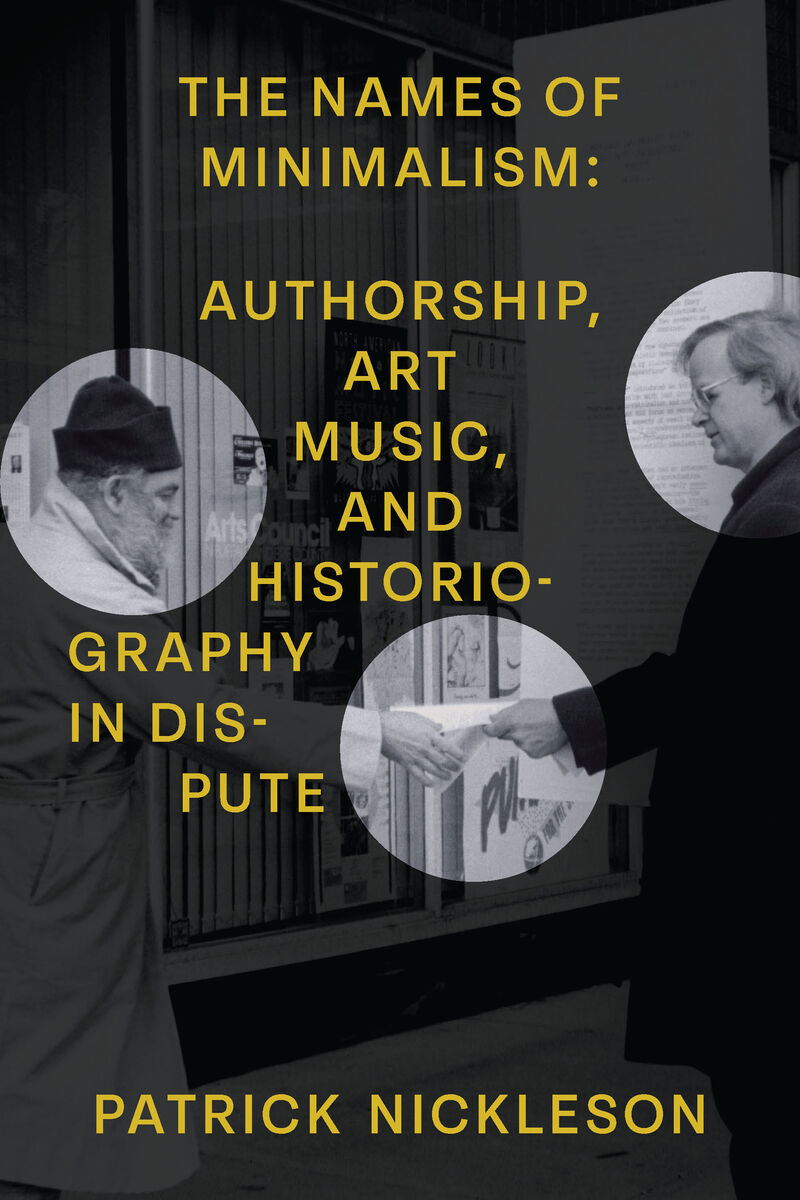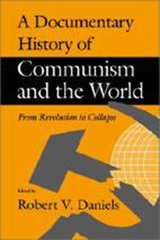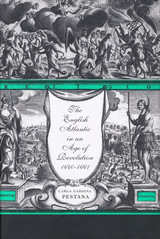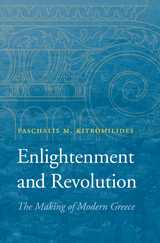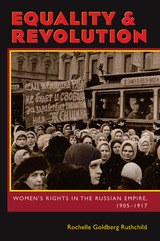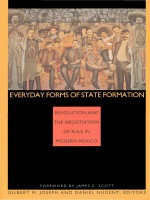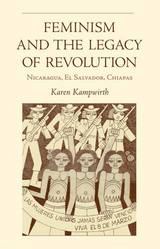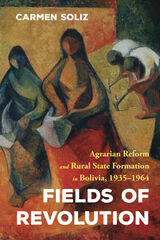The Names of Minimalism: Authorship, Art Music, and Historiography in Dispute
University of Michigan Press, 2023
Cloth: 978-0-472-13328-4 | eISBN: 978-0-472-90300-9 | Paper: 978-0-472-03909-8
See other books on: Authorship | Dispute | Historiography | Music | Names
See other titles from University of Michigan Press
Cloth: 978-0-472-13328-4 | eISBN: 978-0-472-90300-9 | Paper: 978-0-472-03909-8
ABOUT THIS BOOK | AUTHOR BIOGRAPHY | REVIEWS | TOC | REQUEST ACCESSIBLE FILE
ABOUT THIS BOOK
Minimalism stands as the key representative of 1960s radicalism in art music histories—but always as a failed project. In The Names of Minimalism, Patrick Nickleson holds in tension collaborative composers in the period of their collaboration, as well as the musicological policing of authorship in the wake of their eventual disputes. Through examinations of the droning of the Theatre of Eternal Music, Reich’s Pendulum Music, Glass’s work for multiple organs, the austere performances of punk and no wave bands, and Rhys Chatham and Glenn Branca’s works for massed electric guitars, Nickleson argues for authorship as always impure, buzzing, and indistinct.
Expanding the place of Jacques Rancière’s philosophy within musicology, Nickleson draws attention to disciplinary practices of guarding compositional authority against artists who set out to undermine it. The book reimagines the canonic artists and works of minimalism as “(early) minimalism,” to show that art music histories refuse to take seriously challenges to conventional authorship as a means of defending the very category “art music.” Ultimately, Nickleson asks where we end up if we imagine the early minimalist project—artists forming bands to perform their own music, rejecting the score in favor of recording, making extensive use of magnetic type as compositional and archival medium, hosting performances in lofts and art galleries rather than concert halls—not as a utopian moment within a 1960s counterculture doomed to fail, but as the beginning of a process with a long and influential afterlife.
Expanding the place of Jacques Rancière’s philosophy within musicology, Nickleson draws attention to disciplinary practices of guarding compositional authority against artists who set out to undermine it. The book reimagines the canonic artists and works of minimalism as “(early) minimalism,” to show that art music histories refuse to take seriously challenges to conventional authorship as a means of defending the very category “art music.” Ultimately, Nickleson asks where we end up if we imagine the early minimalist project—artists forming bands to perform their own music, rejecting the score in favor of recording, making extensive use of magnetic type as compositional and archival medium, hosting performances in lofts and art galleries rather than concert halls—not as a utopian moment within a 1960s counterculture doomed to fail, but as the beginning of a process with a long and influential afterlife.
See other books on: Authorship | Dispute | Historiography | Music | Names
See other titles from University of Michigan Press
